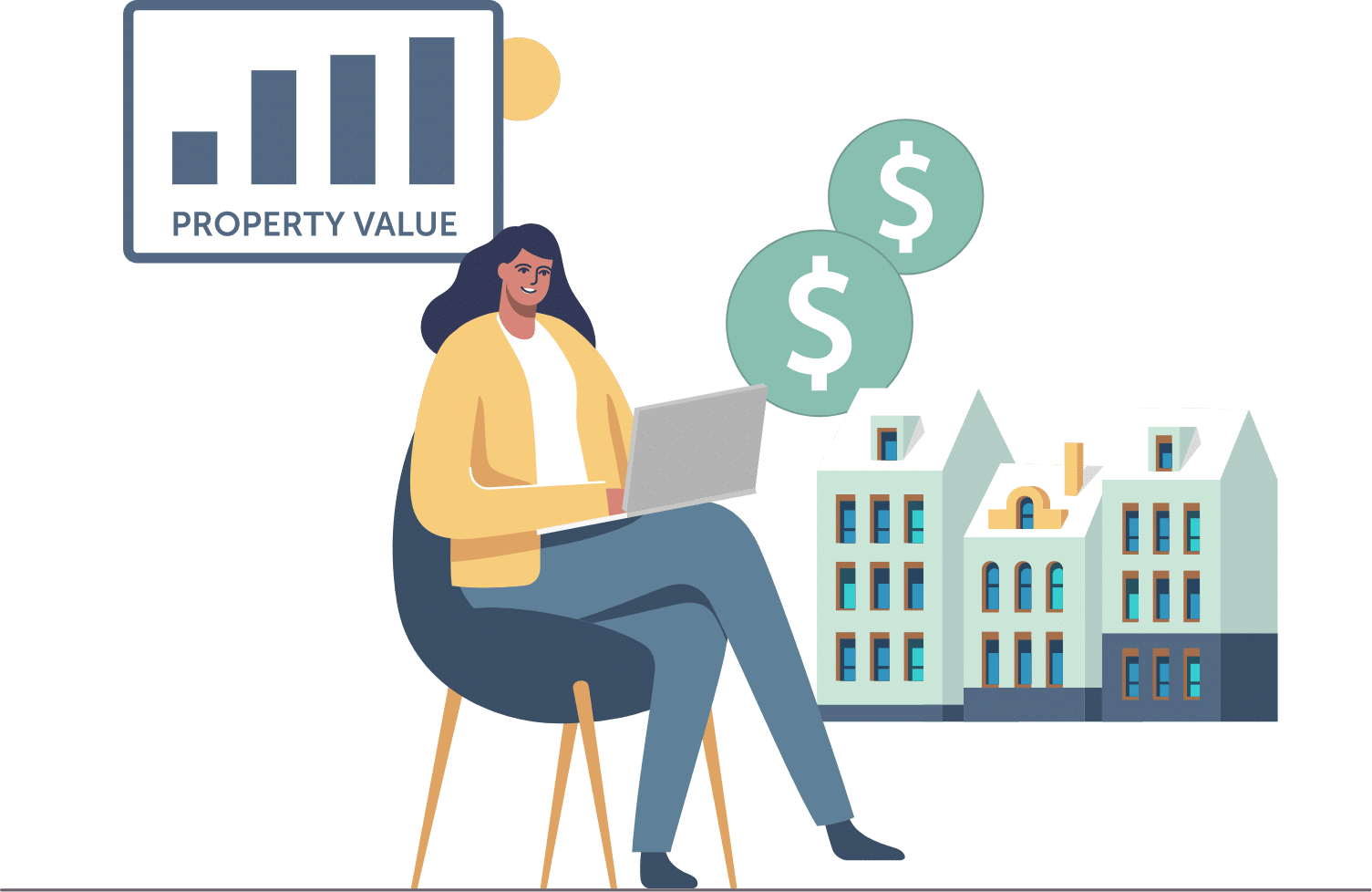Money now! Click here


If you install solar (or certain other technologies) on property belonging to your tax-exempt organization, you can get 30-70% of the price back.
If you install solar, wind, geothermal power, or battery storage on property belonging to your tax-exempt organization, you can get 30-70% of the price back as a tax credit.
Local governments, nonprofit organizations, and other tax-exempt entities are eligible for a 30% investment tax credit (ITC).
Register with the IRS to notify them you will be claiming the direct pay credits.
Rebates on electrification projects in your home.
Rebates for comprehensive home energy upgrades like insulation and air sealing, along with the installation of newer and more efficient appliances.
Homeowners and landlords in partnership with contractors are eligible.
Guidance on how to access these rebates will come from the PA Department of Environmental Protection and are not yet available. Check back for updates and help applying!
Rebates on electrification projects in your home.
This program gives point-of-sale rebates for electrification projects, many of which save consumers money on their electricity bills.
If you are a low-income or moderate-income household, you are eligible. Homeowners, renters, and Indigenous households are all eligible under the income qualifications.
Guidance on how to access these rebates will come from the PA Department of Environmental Protection. Check back for updates and help applying!
HUD will pay landlords to make climate-friendly upgrades to low-income housing.
Grants and loans to improve energy or water efficiency, implement the use of zero-emission electricity generation, low-emission building materials or processes, or building electrification strategies.
If you are the owner of an eligible HUD-assisted multifamily property.
Register through Grants.gov. Most of HUD’s discretionary grants are only available through Grants.gov.
Rebates on electrification projects in your home.
Rebates for comprehensive home energy upgrades like insulation and air sealing, along with the installation of newer and more efficient appliances.
Homeowners and landlords in partnership with contractors are eligible.
Guidance on how to access these rebates will come from the PA Department of Environmental Protection and are not yet available. Check back for updates and help applying!
Rebates on electrification projects in your home.
This program gives point-of-sale rebates for electrification projects, many of which save consumers money on their electricity bills.
If you are a low-income or moderate-income household, you are eligible. Homeowners, renters, and Indigenous households are all eligible under the income qualifications.
Guidance on how to access these rebates will come from the PA Department of Environmental Protection. Check back for updates and help applying!
HUD will pay landlords to make climate-friendly upgrades to low-income housing.
Grants and loans to improve energy or water efficiency, implement the use of zero-emission electricity generation, low-emission building materials or processes, or building electrification strategies.
If you are the owner of an eligible HUD-assisted multifamily property.
Register through Grants.gov. Most of HUD’s discretionary grants are only available through Grants.gov.
If you install solar (or certain other technologies) on property belonging to your tax-exempt organization, you can get 30-70% of the price back.
If you install solar, wind, geothermal power, or battery storage on property belonging to your tax-exempt organization, you can get 30-70% of the price back as a tax credit.
Local governments, nonprofit organizations, and other tax-exempt entities are eligible for a 30% investment tax credit (ITC).
Register with the IRS to notify them you will be claiming the direct pay credits.
Rebates on electrification projects in your home.
This program gives point-of-sale rebates for electrification projects, many of which save consumers money on their electricity bills.
If you are a low-income or moderate-income household, you are eligible. Homeowners, renters, and Indigenous households are all eligible under the income qualifications.
Guidance on how to access these rebates will come from the PA Department of Environmental Protection. Check back for updates and help applying!
Individuals, businesses and nonprofits can get significant tax credits for buying a new or used electric vehicle (EV) or installing EV chargers.
Individuals can get a credit of up to $7,500 on a new EV, $4,000 on a used EV, and $1,000 on an EV charger.
Click the “learn more” button to see a table that shows the amount of tax credit you can receive. Individuals, see “How can I access the money?” after clicking “learn more” for information on the option of transferring the credit to the EV dealer.
In the form of tax credits when you file or a discount at the dealership.
HUD will pay landlords to make climate-friendly upgrades to low-income housing.
Grants and loans to improve energy or water efficiency, implement the use of zero-emission electricity generation, low-emission building materials or processes, or building electrification strategies.
If you are the owner of an eligible HUD-assisted multifamily property.
Register through Grants.gov. Most of HUD’s discretionary grants are only available through Grants.gov.
Rebates on electrification projects in your home.
Rebates for comprehensive home energy upgrades like insulation and air sealing, along with the installation of newer and more efficient appliances.
Homeowners and landlords in partnership with contractors are eligible.
Guidance on how to access these rebates will come from the PA Department of Environmental Protection and are not yet available. Check back for updates and help applying!
Rebates on electrification projects in your home.
This program gives point-of-sale rebates for electrification projects, many of which save consumers money on their electricity bills.
If you are a low-income or moderate-income household, you are eligible. Homeowners, renters, and Indigenous households are all eligible under the income qualifications.
Guidance on how to access these rebates will come from the PA Department of Environmental Protection. Check back for updates and help applying!
HUD will pay landlords to make climate-friendly upgrades to low-income housing.
Grants and loans to improve energy or water efficiency, implement the use of zero-emission electricity generation, low-emission building materials or processes, or building electrification strategies.
If you are the owner of an eligible HUD-assisted multifamily property.
Register through Grants.gov. Most of HUD’s discretionary grants are only available through Grants.gov.
Rebates on electrification projects in your home.
This program gives point-of-sale rebates for electrification projects, many of which save consumers money on their electricity bills.
If you are a low-income or moderate-income household, you are eligible. Homeowners, renters, and Indigenous households are all eligible under the income qualifications.
Guidance on how to access these rebates will come from the PA Department of Environmental Protection. Check back for updates and help applying!
HUD will pay landlords to make climate-friendly upgrades to low-income housing.
Grants and loans to improve energy or water efficiency, implement the use of zero-emission electricity generation, low-emission building materials or processes, or building electrification strategies.
If you are the owner of an eligible HUD-assisted multifamily property.
Register through Grants.gov. Most of HUD’s discretionary grants are only available through Grants.gov.
If you install solar (or certain other technologies) on property belonging to your tax-exempt organization, you can get 30-70% of the price back.
If you install solar, wind, geothermal power, or battery storage on property belonging to your tax-exempt organization, you can get 30-70% of the price back as a tax credit.
Local governments, nonprofit organizations, and other tax-exempt entities are eligible for a 30% investment tax credit (ITC).
Register with the IRS to notify them you will be claiming the direct pay credits.
HUD will pay landlords to make climate-friendly upgrades to low-income housing.
Grants and loans to improve energy or water efficiency, implement the use of zero-emission electricity generation, low-emission building materials or processes, or building electrification strategies.
If you are the owner of an eligible HUD-assisted multifamily property.
Register through Grants.gov. Most of HUD’s discretionary grants are only available through Grants.gov.
Clean Energy Funding is a comprehensive resource guide that provides clear access to federal climate funds for homeowners, renters, municipalities, and more in Pennsylvania.
Stay updated as new funds become available, get tips on accessing the funds.